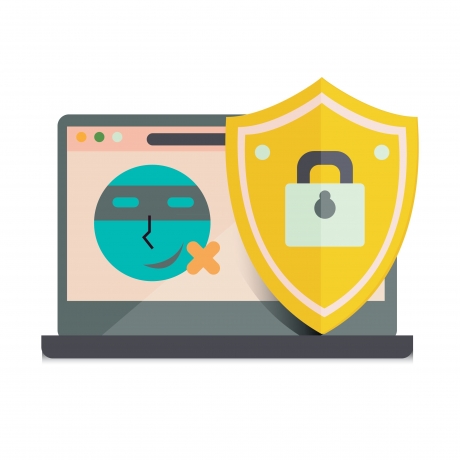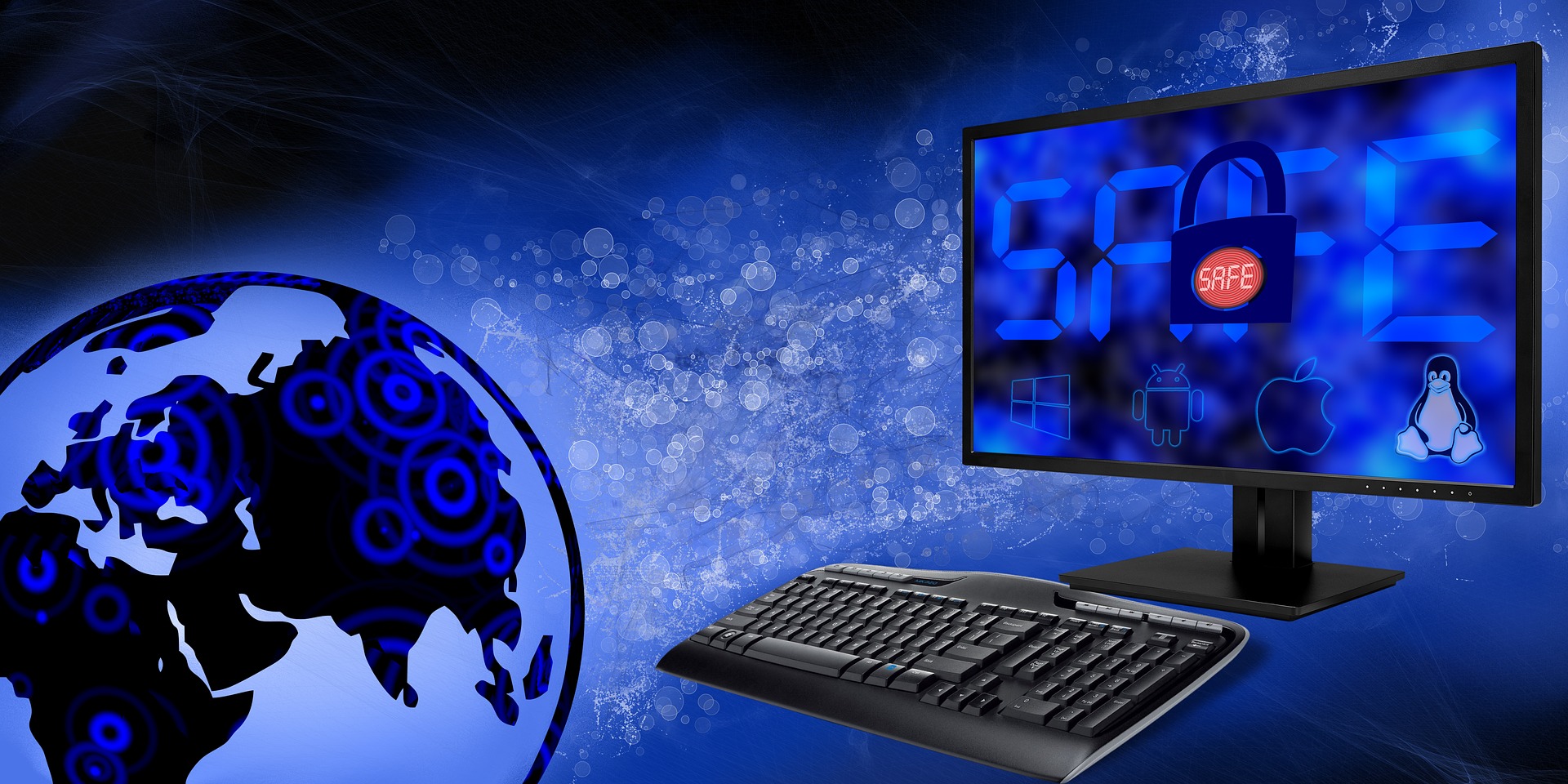Why you should care about online privacy

Online privacy is often necessary for various reasons. Some people also deal with the consequences of failing to have online privacy protection. Thus, some individuals can always be debilitated if there are no restrictions on the public access to as well as the use of personal information.
Other reasons are usually more fundamental, touching the kernel of human personhood.The reverence of the human individual as an end in itself, as well as an autonomous being, needs respect for the person’s online privacy.
To completely lose control of an individual’s confidentiality and security on the internet is in some measure to losing control of someone’s life as well as dignity.
When is Your Online Privacy Lost?
There are numerous situations that we often risk to losing our online privacy protection. For instance, surfing the internet, online gym registrations as well as making donations to the online charities among others.
 Thus, businesses that are hungry to market more successfully incline to mine information regarding their recent as well as potential consumers.
Thus, businesses that are hungry to market more successfully incline to mine information regarding their recent as well as potential consumers.
Nevertheless, government agencies also make housing transactions as well as marriage certificates available – where the online data brokers tend to package as well as sell the same public information or details to the interested parties.
As a result, the personal private information is compromised via data breaches.
In what follows, this article considers the most significant opinions for online privacy protection.
- Protection from the Abuse of Personal Information

There are numerous ways individuals can be abused by the revelations of their sensitive personal information or data.
Medical records, psychological tests as well as interviews, court records, in addition to financial records.
Whether from the banks, credit bureaus and the IRS – welfare records, the sites visited on the internet as well as a given number of other sources tend to hold numerous and intimate details of an individual’s life.
The revelation of such data or information can often leave people or the relative subjects vulnerable to several cases of abuse.
Good information is a necessity for sound decisions. Thus, it might appear like having more information is usually better in most cases; however, at times such information can be misused.
Additionally, it can also be used for other malicious purposes. For instance, there are great deals of the miscomprehension within the society regarding mental illness as well as those suffering from it.
Therefore, when such information involving the relative subject becomes public, they may experience harassment from people as well as shunned by their neighbors. Hence, the insensitive remarks, as well as the behavior of other people, can tend to cause the subjects serious distress as well as embarrassment.
Thus, owing to the prejudice in addition to discrimination, the mentally ill individuals who are quite capable of living normal, productive lives can be denied housing, employments as well as other essential needs.
Similarly, people with arrest records, even where there are no convictions, and they are in fact innocent, also tend to suffer from severe harassments as well as discrimination. Thus, several reports portray that most employers are less likely to hire people with arrest records, even when the applicable charges are dropped or even acquitted.
Additionally, since people can be affected so seriously by such releases of sensitive personal information or data, they are vulnerable to blackmail and extortion by people who have access to the information. Thus, online privacy protection is essential to safeguard against such abuses.
- Online Privacy and Relationships or Reputation Management

Online privacy allows individuals to manage their reputations. How people are judged by other individuals tends to affect their opportunities, friendships, as well as their overall well-being.
Even though people cannot have total control over their reputations, they ought to have some given ability to protect their reputations from getting unfairly harmed.
Safeguarding reputations incline to depend on protecting against falsehood in addition to other certain truths.
Nonetheless, knowing other private information about people’s lives does not primarily result in more precise judgments about people.
Thus, individuals tend to judge wrongly, be in haste, out of context, as well as without getting the whole story. Therefore, privacy and security on the internet aide people in protecting themselves from such troublesome judgments.
- Autonomy & Human Dignity
The lack of online privacy usually inhibits personal development, as well as the freedoms of thought as well as expression.
Just as mentioned earlier, “To completely lose control of a person’s privacy and security on the internet is in some measure to losing control of someone’s life as well as dignity.”
Thus, autonomy can be a part of the broader issues involving human dignity, which is an obligation to treat individuals not merely as means; thus, to be bought as well as sold and used, but managed as valuable as well as worthy of respect within themselves.
Therefore, when some personal information or details are taken as well as sold and distributed, particularly against an individual’s will, it is in some parts of the person has been alienated as well as turned into commodities.
Tips and Tricks to Attaining Privacy and Security on the Internet
- Check Your Online Privacy Settings Regularly
Privacy settings or options are often altering on the social networking platform.
So you are advised to regularly check one’s personal settings as well as make the necessary adjustments.
Subsequently, not every content that one tends to upload via the internet is often secure.
Therefore, it is imperative to comprehend how to incorporate the privacy and security features that the social media websites have to offer.
As such, you can also include other lifetime VPNs as well as Privacy services, such as Windscribe applications for an updated privacy and security settings on the internet.
- Don’t Reveal Your Personal Information Inadvertently
It is important to reclaim one’s online privacy since one can be “shedding” personal information, including e-mail addresses plus other contact details, without knowing it until they correctly configure their Web browsers.
Only give information to the internet sites that you trust via their forms on their sites. Also, it is important to stay on the lookout for system-wide “internet defaults” applications on your computers, such as Window’s Internet Control Panel.
Thus, while they appear to be useful for other things, such as keeping multiple internet tools consistent, they ought to be anonymized if they seem to contain fields related to issuing personal information.
- Turn on the Cookie Notices in the Web Browsers, and Use Cookie Management Applications

“Cookies” are tidbits of data that the Websites typically store on the computers, temporarily or even more-or-less permanently.
Hence, in most cases, they are usually useful as well as innocuous.
They can be passwords or even User IDs, so as to avoid retyping the details every single time that you revisit the website.
Subsequently, other cookies can also be used for tracking people’s movement in given sites, the time or periods that they spend on them, as well as the links that people click on as well as other data that online companies want to record, mostly for marketing purposes.
Subsequently, you find that most of the cookies can be accessed by such businesses or online enterprises that create them. Therefore, your personal information appears to be at risks as it is known that some of these online companies tend to manage their online banner Ads, which are considered to be cookie sharing rings.
Thus, with such information, they can be able to track the pages you load in addition to the Ads that you click on and share them.
Therefore, switching the cookie warning tab on will tend to cause an alert or dialog boxes to pop up. Thus, the whole idea here is to accept cookies on the websites that need them as well as whom you trust.
- Beware of Websites that Issues Rewards and Prizes in Exchange for Your Personal Information
There are very high probabilities that such websites are existing to gather one’s personal details for direct marketing purposes. Therefore, in most cases, a person’s names, as well as address, appear to be worth much more because such websites can often sell the information to other marketers who can also perform the same in turn.
You need to be wary of the sweepstakes in addition to the contests as you will probably not win; however, the marketers will surely win if you manage to hand them your details.
- Be Conscious of Your Web Security
It is advisable not to issue your credit card numbers and other highly sensitive personal data without ensuring that your connections are secure or encrypted.
Your Web browser itself hands out details about oneself if their IP addresses can be tied to their identity. This applies mostly to the DSL as well as broadband users, who appear to be the dwindling minority.



Leave a Reply